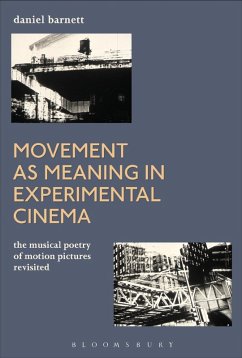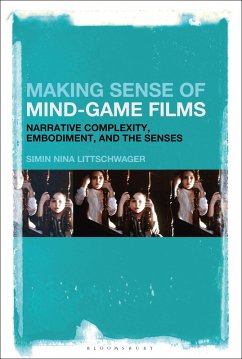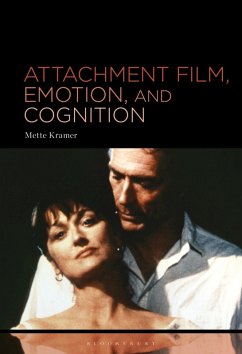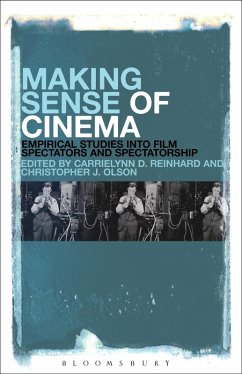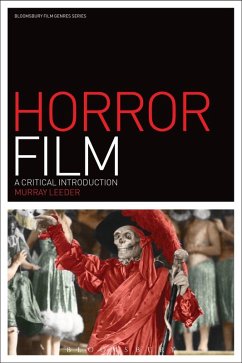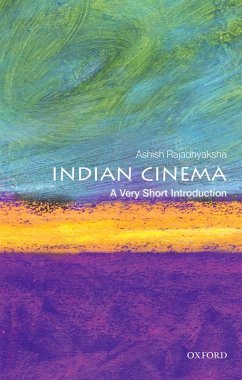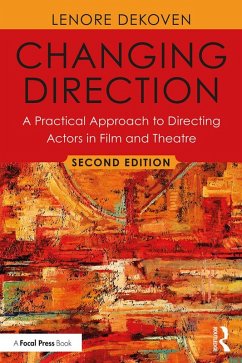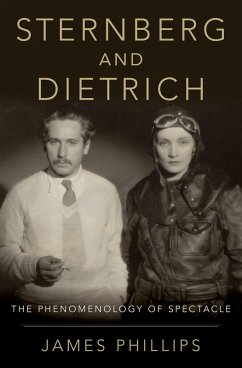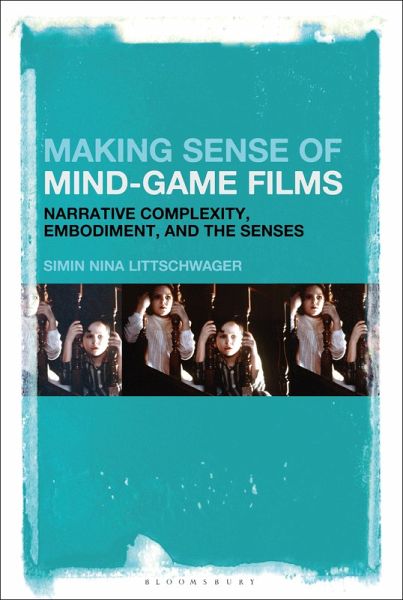
Making Sense of Mind-Game Films (eBook, PDF)
Narrative Complexity, Embodiment, and the Senses
Versandkostenfrei!
Sofort per Download lieferbar
26,95 €
inkl. MwSt.
Weitere Ausgaben:

PAYBACK Punkte
13 °P sammeln!
Mind-game films and other complex narratives have been a prominent phenomenon of the cinematic landscape during the period 1990-2010, when films like The Sixth Sense, Memento, Fight Club and Source Code became critical and commercial successes, often acquiring a cult status with audiences. With their multiple story lines, unreliable narrators, ambiguous twist endings, and paradoxical worlds, these films challenge traditional ways of narrative comprehension and in many cases require and reward multiple viewings. But how can me make sense of films that don't always make sense the way we are used...
Mind-game films and other complex narratives have been a prominent phenomenon of the cinematic landscape during the period 1990-2010, when films like The Sixth Sense, Memento, Fight Club and Source Code became critical and commercial successes, often acquiring a cult status with audiences. With their multiple story lines, unreliable narrators, ambiguous twist endings, and paradoxical worlds, these films challenge traditional ways of narrative comprehension and in many cases require and reward multiple viewings. But how can me make sense of films that don't always make sense the way we are used to? While most scholarship has treated these complex films as narrative puzzles that audiences solve with their cognitive skills, Making Sense of Mind-Game Films offers a fresh perspective by suggesting that they appeal to the body and the senses in equal measures. Mind-game films tell stories about crises between body, mind and world, and about embodied forms of knowing and subjective ways of being-in-the-world. Through compelling in-depth case studies of popular mind-game films, the book explores how these complex narratives take their (embodied) spectators with them into such crises. The puzzling effect generated by these films stems from a conflict between what we think and what we experience, between what we know and what we feel to be true, and between what we see and what we sense.




